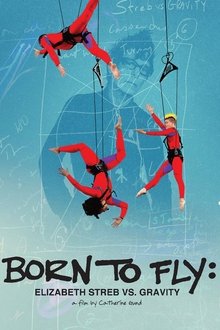Long Tack Sam was an internationally renowned Chinese acrobat and magician. He overcame isolation, poverty, cultural and linguistic barriers, extreme racism and world wars to become one of the most successful vaudeville acts of his time. His showmanship was unrivalled, yet he refused to appear in movies because of the way Chinese were portrayed at the time. A celebration of the spirit of Long Tack Sam's magic and art, this richly textured first person road movie is an exhilarating testament to his legacy and a prismatic tour through the 20th Century. It all begins in a small village in China... https://www.nfb.ca/film/the_magical_life_of_long_tack_sam/
Related Movies
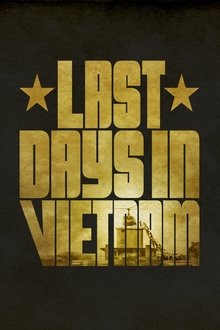
Last Days in Vietnam (2014)
During the chaotic final weeks of the Vietnam War, the North Vietnamese Army closes in on Saigon as the panicked South Vietnamese people desperately attempt to escape. On the ground, American soldiers and diplomats confront a moral quandary: whether to obey White House orders to evacuate only U.S. citizens.
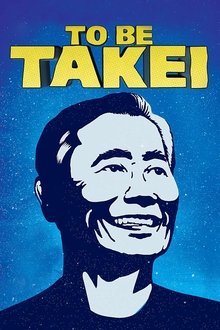
To Be Takei (2014)
Over seven decades, actor and activist George Takei journeyed from a World War II internment camp to the helm of the Starship Enterprise, and then to the daily news feeds of five million Facebook fans. Join George and his husband, Brad, on a wacky and profound trek for life, liberty, and love.
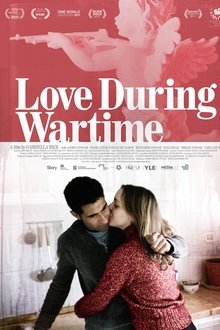
Love During Wartime (2010)
"There can only be an unhappy ending to this", people say when they hear about Palestinian Osama and his Israeli wife Jasmin’s love. Their home countries separate them through racist laws and lack of security. They choose exile, but soon rosy dreams turn into despair in an inhospitable Europe. Will their love survive?
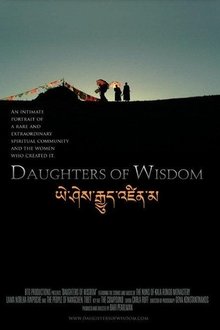
Daughters of Wisdom (2007)
An intimate portrait of the nuns of Kala Rongo, a rare and exceptional Buddhist Monastery exclusively for women situated in Nangchen, in remote and rural northeastern Tibet. These nuns are receiving religious and educational training previously unavailable to women, and playing an unprecedented role in preserving their rich cultural heritage even as they slowly reshape it. They graciously allow the camera a never-before-seen glimpse into their vibrant spiritual community and insight into their extraordinary lives. Some shy, some outspoken, all are committed to the often difficult life they have chosen, away from the yak farms and herding families of their birth. It is the story of their spiritual community, one that couldn't have existed 20 years ago but is thriving today.
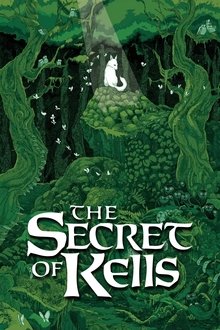
The Secret of Kells (2009)
Adventure awaits 12 year old Brendan who must fight Vikings and a serpent god to find a crystal and complete the legendary Book of Kells. In order to finish Brother Aiden's book, Brendan must overcome his deepest fears on a secret quest that will take him beyond the abbey walls and into the enchanted forest where dangerous mythical creatures hide. Will Brendan succeed in his quest?

Nina's Children (2015)
After Anschluss — the Nazi invasion and incorporation of Austria in 1938 — a group of Jewish children travel from Vienna to Oslo for summer camp. But when the time comes for them to return home, the political conditions on the continent have worsened and they can no longer return to their families. In Norway, an orphanage is established to look after these effectively homeless children, one of whom is director Nina Grünfeld’s father.

Two Marxists in Hollywood (2015)
Russian avant-garde filmmaker Sergei Eisenstein and German playwright Bertolt Brecht recount the brief portions of their lives they spent in Hollywood trying to make art that was both radical and popular.

Glass House (2015)
An exploration of Soviet director Sergei Eisenstein's notes and drawings for a science fiction movie that he pitched to Paramount in 1930 about the residents of a skyscraper with walls and floors of clear glass.

A Model Family in a Model Home (2015)
The saga of a movie treatment written by German playwright Bertolt Brecht during his unhappy stint in Hollywood based on a Life Magazine article about a farm family who win a week's stay in a model home at the Ohio State Fair, with the catch that they will be on display to the public.

KONELĪNE: our land beautiful (2016)
Set deep in the traditional territory of Tahltan First Nation, Northern British Columbia’s Red Chris gold and copper mine is the backdrop to a lyrical tapestry of landscapes and diverse personal stories from the land. Language preservation initiatives and mining opposition evoke emotional tones as the story swells with ravishing images of wilderness as a rough and untamed beauty. A thoughtful shift from Wild’s traditional narrative style of radical point of view documentary, "KONELĪNE" is a meditation on nature, culture, and economy as experienced by those who live and work on the land.
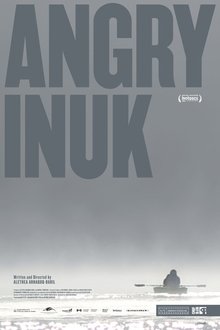
Angry Inuk (2016)
With "sealfies" and social media, a new tech-savvy generation of Inuit is wading into the world of activism, using humour and reason to confront aggressive animal rights vitriol and defend their traditional hunting practices. Director Alethea Arnaquq-Baril joins her fellow Inuit activists as they challenge outdated perceptions of Inuit and present themselves to the world as a modern people in dire need of a sustainable economy.

L'oiseau de la nuit (2015)
Mysterious portrait of Fernando, aka Deborah Krystal, the glittering and poetic performer of the Lisbon club Finalmente, where he has been performing every night over thirty years in golden dresses. Under the layers of his colorful fabrics, the many skins of Fernando are revealed, letting Lisbon’s legends come to life. Alternately woman mermaid, female birds, woman lion, we are taken into the desires and dreams of metamorphosis and myths.
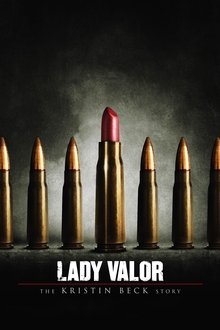
Lady Valor: The Kristin Beck Story (2014)
A former U.S. Navy Seal seeks life, liberty and the pursuit of happiness living life as a transgender woman.
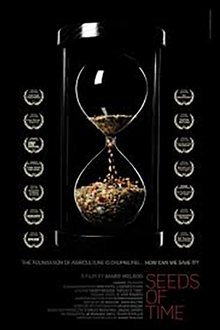
Seeds of Time (2013)
Seeds of Time follows agriculture pioneer Cary Fowler's global journey to save the eroding foundation of our food supply in a new era of climate change.

Evaporating Borders (2014)
Evaporating Borders is a poetically photographed and rendered film on tolerance and search for identity. Told through 5 vignettes portraying the lives of migrants on the island of Cyprus, it passionately weaves themes of displacement and belonging.
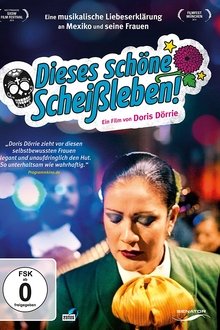
Que caramba es la vida (2014)
In the macho world of Mariachi music, very few women can hold their own. Just like the songs they play, this film is a snapshot of life, death and the things in between - seen from a bird's-eye perspective.
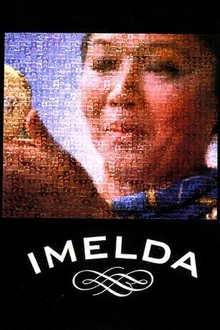
Imelda (2003)
A "beyond the shoes" documentary on the former first lady of the Philippines, Imelda Marcos.

Migrant Dreams (2016)
When Umi and Dwipa left Indonesia to work in an Ontario greenhouse as part of Canada's Temporary Foreign Worker Program, they hoped the jobs would provide the opportunity and income for a better life. They didn't expect that fixers and false promises would lead to deception and exploitation. Sadly, their story is not uncommon. Min Sook Lee continues to speak truth to power with her commitment to providing a voice to the silenced, fulfilling documentary's capacity as a powerful tool for social change.

Sepideh (2013)
Sepideh wants to become an astronaut. She spends her nights exploring the secrets of the universe, while her family will do anything to keep her on the ground. The expectations for a young Iranian woman are very different from Sepideh's ambitions, and her plans to go to university are in danger. But Sepideh holds on to her dream! She takes up the fight and teams up with the world's first female space tourist, Anousheh Ansari.
